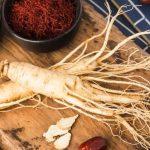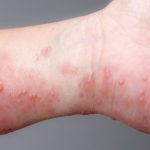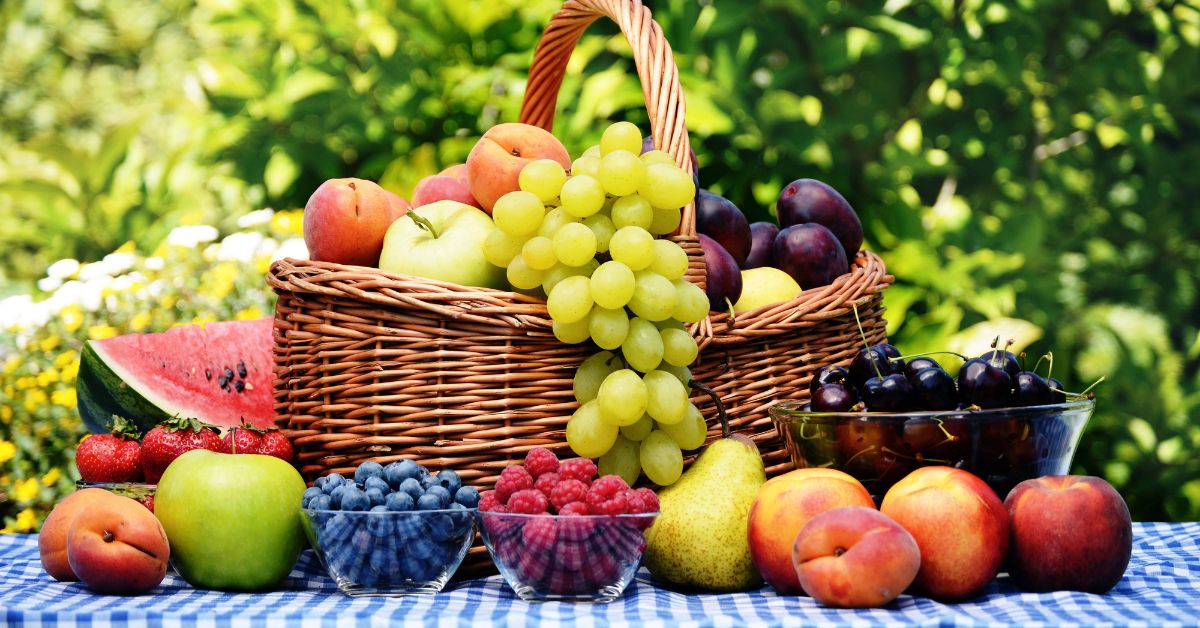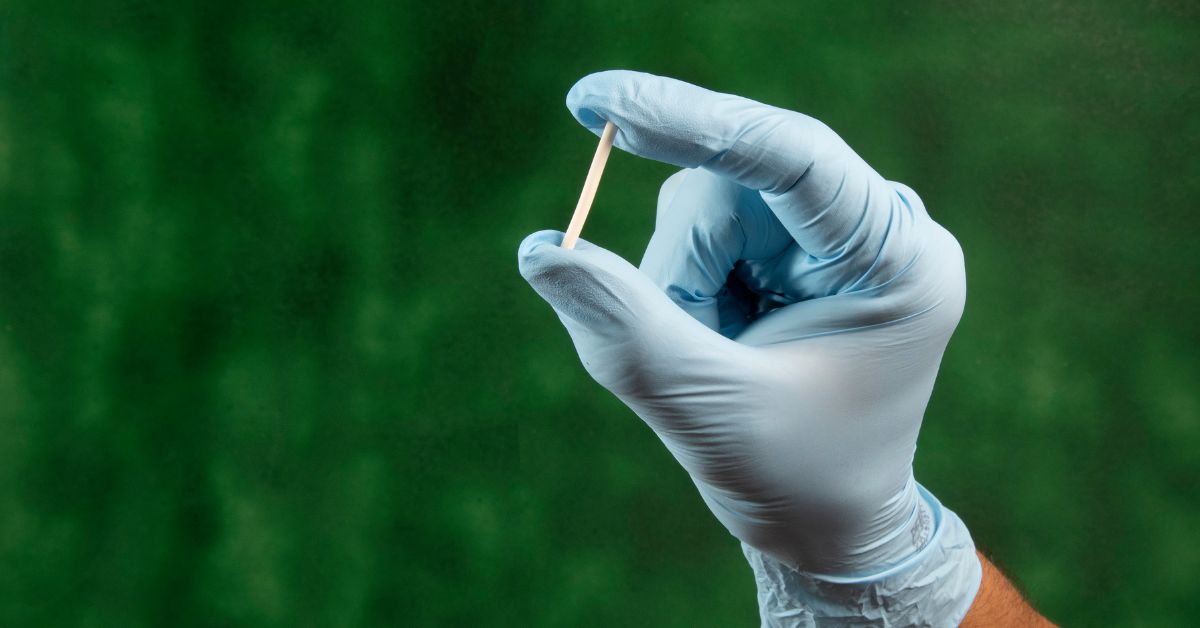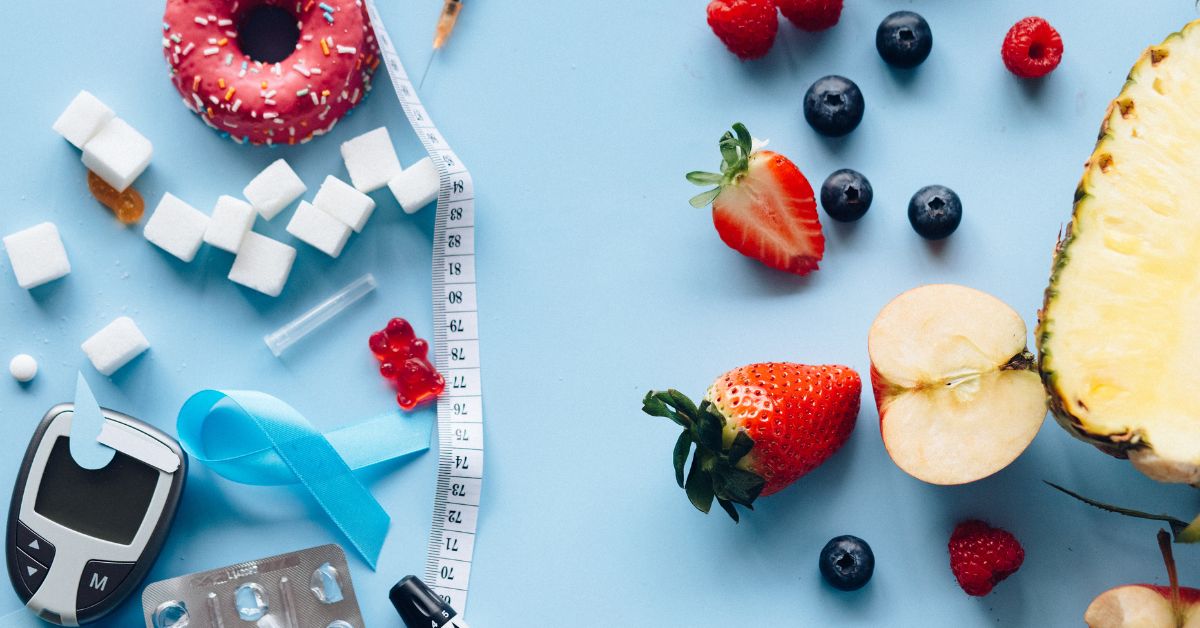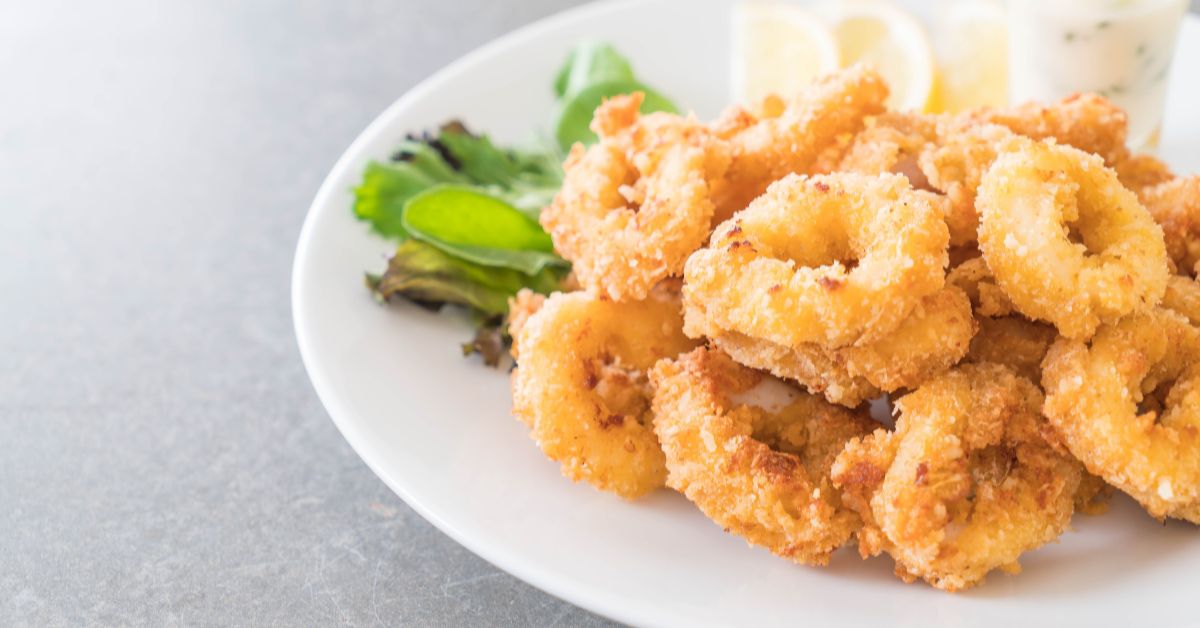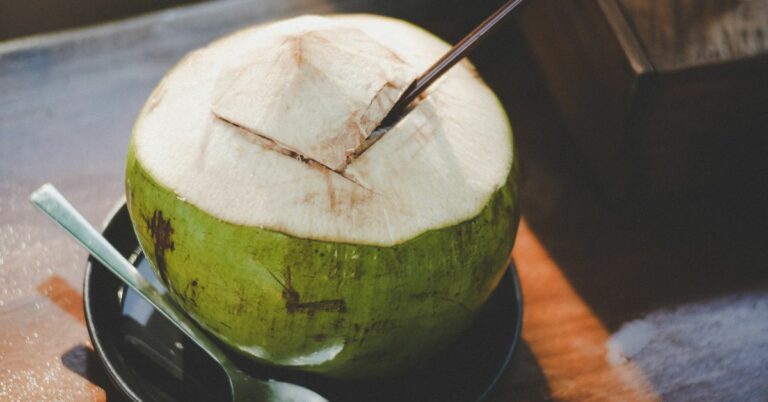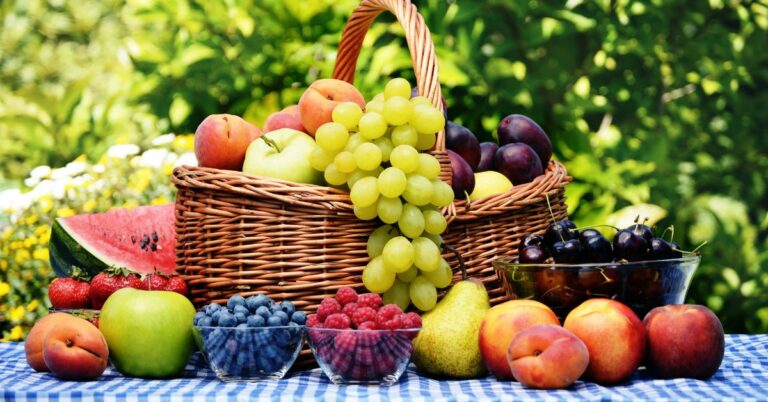Maintaining a balanced and nutritious diet is crucial during pregnancy. While most foods are safe, there are certain types that pregnant women should avoid to protect their health and the development of the fetus. So, what not to eat during pregnancy? Let’s explore in the following article!
Foods to Avoid During Pregnancy
1. What Not to Eat During Pregnancy – Fish with High Mercury Levels
Seafood is a good source of protein and beneficial omega-3 fatty acids for the fetal brain and eye development. However, some types of fish and shellfish may contain dangerously high levels of mercury. Fetuses, particularly in the third and fourth months of pregnancy, are sensitive to the impact of mercury, which can harm the development of the fetal nervous system.
Mercury levels vary among different fish based on their living environment, species, size, and diet. Predatory fish, typically larger and at the top of the food chain, tend to contain more mercury. Pregnant women are advised to avoid fish such as swordfish, shark, king mackerel, tilefish, etc.
Instead of consuming large fish, pregnant women can opt for smaller varieties like anchovies, salmon, catfish, tilapia, trout, and snow crab, aiming for the recommended 8-12 ounces of fish/seafood per week.
2. What Not to Eat During Pregnancy – Raw or Undercooked Food
Avoiding raw or undercooked food is crucial during pregnancy due to the potential risk of coliform bacteria, toxoplasmosis, and salmonella infections.
Toxoplasmosis, caused by the Toxoplasma parasite, is an infection that can impact the health of the fetus if the mother contracts it for the first time during pregnancy. It can lead to fetal brain damage or even blindness.
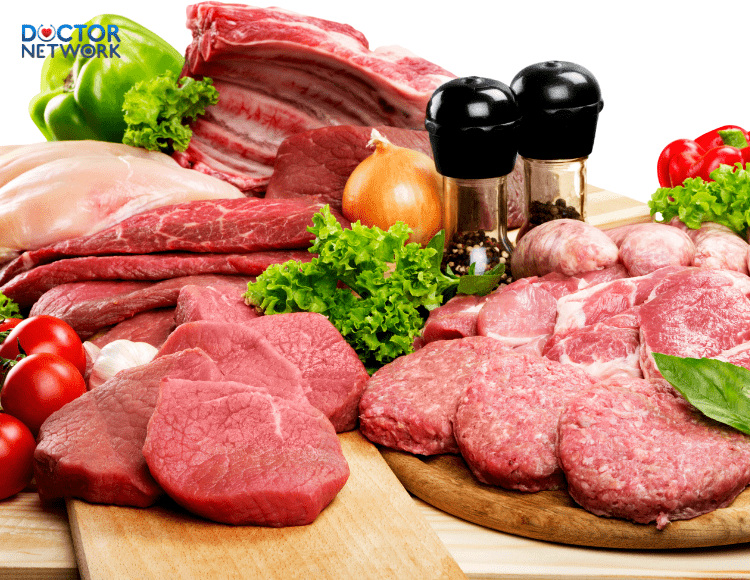
Pregnant women should refrain from consuming raw or undercooked foods during their diet
3. What Not to Eat During Pregnancy – Processed Foods and Deli Meats
Processed foods and deli meats, while convenient, fall into the category of foods to avoid during pregnancy. Deli meats often contain Listeria bacteria, which can cause miscarriage. This bacteria can penetrate the fetal body and pose a risk of infection or blood poisoning, threatening the life of the fetus. If you are pregnant and intend to eat deli meats, make sure to heat the food thoroughly until well-cooked.
4. What Not to Eat During Pregnancy – Raw Eggs
Raw or undercooked eggs can harbor bacteria such as Salmonella, a type of bacteria that can cause food poisoning. During pregnancy, a woman’s immune system often becomes weaker, leading to a higher susceptibility to food-related illnesses.
Consuming Salmonella bacteria during pregnancy may result in symptoms such as high fever, nausea, diarrhea, and dehydration. In severe cases, the illness can progress to a dangerous level, causing preterm birth or miscarriage. Therefore, it is crucial to consume fully cooked eggs during pregnancy to ensure that any bacteria present are completely destroyed.
5. What Not to Eat During Pregnancy – Organ Meats
Organ meats, such as liver, heart, kidney, and stomach, are rich in essential nutrients like iron, vitamin B12, vitamin A, copper, etc. While these nutrients are beneficial, excessive consumption of organ meats can lead to abnormal accumulation of vitamin A and copper, posing a risk of congenital defects and liver damage. Experts recommend not consuming organ meats excessively, limiting it to once a week during pregnancy.
6. What Not to Eat During Pregnancy – Alfalfa Sprouts
Consuming alfalfa sprouts is safe during pregnancy only if they are thoroughly cooked, such as in stir-fries or soups. This caution also applies to all types of sprouts.
Bacteria such as Salmonella, Listeria, and E. coli can enter the sprout seeds through cracks in the shells. The warm and moist environment inside the sprouts is an ideal condition for bacterial growth. Therefore, experts advise pregnant women and individuals with weakened immunity to limit the consumption of raw sprouts.
Instances of foodborne illnesses related to contaminated sprout seeds have been reported. Diseases from bacteria present in alfalfa sprouts and other sprouts can lead to severe consequences, especially for pregnant women. Listeriosis can cause miscarriage, stillbirth, preterm birth, and life-threatening infections in newborns. Salmonella and E. coli can cause serious illnesses and even lead to death.
Even if you grow or sprout alfalfa or other sprouts at home, consuming them raw is unsafe due to the risk of bacterial contamination that cannot be seen with the naked eye. Therefore, alfalfa sprouts and raw sprouts are foods that pregnant women should limit.
7. What Not to Eat During Pregnancy – Unwashed Fruits and Vegetables
During the pregnancy period, consuming fruits and vegetables is encouraged due to their high content of essential vitamins and minerals crucial for both maternal and fetal development. However, unwashed fruits and vegetables may pose a risk of Toxoplasma, Norovirus, Hepatitis A virus, and Listeria monocytogenes infections.
Therefore, pregnant women should wash fruits and vegetables by scrubbing the peel under running water if conditions permit. To ensure safety, they should also use food-grade produce sanitizers when washing fruits and vegetables. Additionally, it is advisable to avoid mixing thoroughly washed fruits and vegetables with those that have not been processed or animal products to prevent cross-contamination.
8. What Not to Eat During Pregnancy – Unpasteurized Dairy Products
Pregnant women have a significantly higher risk, about 20 times greater than normal individuals, of contracting listeriosis. Dairy products that are not pasteurized, such as certain types of cheese, may contain Listeria bacteria, leading to listeriosis. To ensure safety, pregnant women should avoid consuming products made from unpasteurized milk.
9. What Not to Eat During Pregnancy – Some Fruits and Juices (Green Papaya, Pineapple, Lychee, etc.)
Certain fruits and juices are recommended to be avoided during pregnancy, especially in the first three months, such as green papaya, pineapple, etc.
Green papaya is often considered unsuitable for consumption during pregnancy due to its high latex content, which may cause premature uterine contractions and the risk of miscarriage. Additionally, green papaya contains papain, an enzyme that can cause premature uterine contractions. About 4% of latex resin can cause allergies, leading to symptoms such as a runny nose, rash, and, in some cases, severe allergic reactions requiring timely medical attention. Therefore, pregnant women are advised not to eat green papaya or green papaya smoothies.
Pineapple is commonly used in juices or dishes, but this fruit is not suitable for pregnant women due to the presence of bromelain enzyme, which can soften the cervix and lead to premature labor.
10. What Not to Eat During Pregnancy – Alcohol
Pregnant women are advised against drinking alcohol or beer as it can be harmful to both the mother and the fetus. There is no safe level of alcohol consumption during pregnancy.
Drinking alcohol during pregnancy can affect the development and health of the fetus. Excessive alcohol consumption during pregnancy can lead to fetal alcohol syndrome (FAS).
In some cases, cooking that involves the use of alcohol may not affect the fetus if alcohol is added in the early stages of preparation, and the food is thoroughly cooked. This ensures that the added alcohol will be completely burned off, and the longer the cooking time, the more alcohol will evaporate.
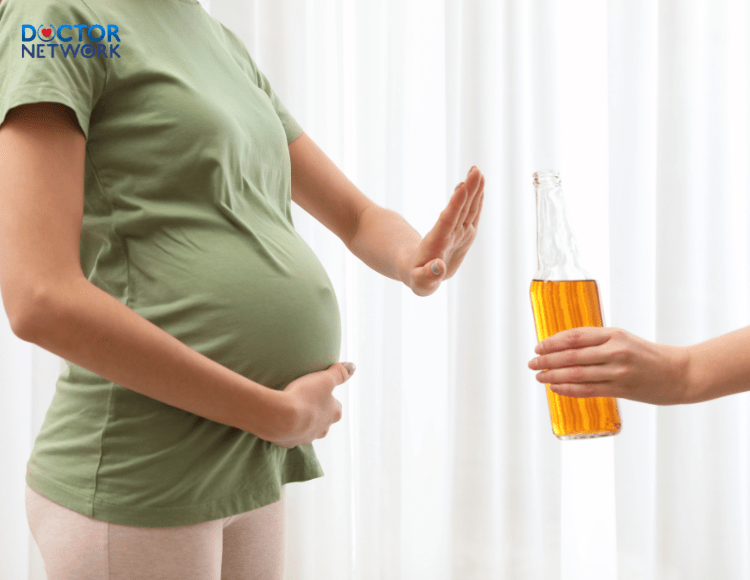
Drinking alcohol during pregnancy may impact the development and well-being of the fetus
11. What Not to Eat During Pregnancy – Caffeine
Reducing caffeine intake is advisable during pregnancy as high caffeine levels can cause complications. Caffeine is commonly found in coffee, tea, cola, energy drinks, chocolate, etc. Excessive caffeine consumption can increase the risk of miscarriage and may result in low birth weight or slow fetal development.
12. What Not to Eat During Pregnancy – Contaminated Drinking Water
Adequate water intake is crucial to maintaining water balance and ensuring the basic functioning of the body. Water supports the digestive process and creates amniotic fluid around the fetus. Additionally, it helps deliver nutrients and eliminates waste from the body.
However, a potential health risk for pregnant women and the fetus is the consumption of contaminated water. Using untreated water can be harmful to the fetus, leading to premature birth or low birth weight.
Contaminated water often contains various bacteria such as E. coli, coliforms, heavy metals, toxic chemicals, etc. The weakened immune system of pregnant women increases the risk of exposure to these bacteria and toxins.
13. What Not to Eat During Pregnancy – Bamboo Shoots
Among the list of foods not to eat during pregnancy, bamboo shoots are included. Bamboo shoots are commonly used in daily meals and are known for their high fiber content, aiding in preventing constipation. However, bamboo shoots also contain gluconate, and when consumed, this substance can produce hydrogen cyanide, causing food poisoning. Eating bamboo shoots without proper processing can lead to nausea, difficulty breathing, headaches, and even death.
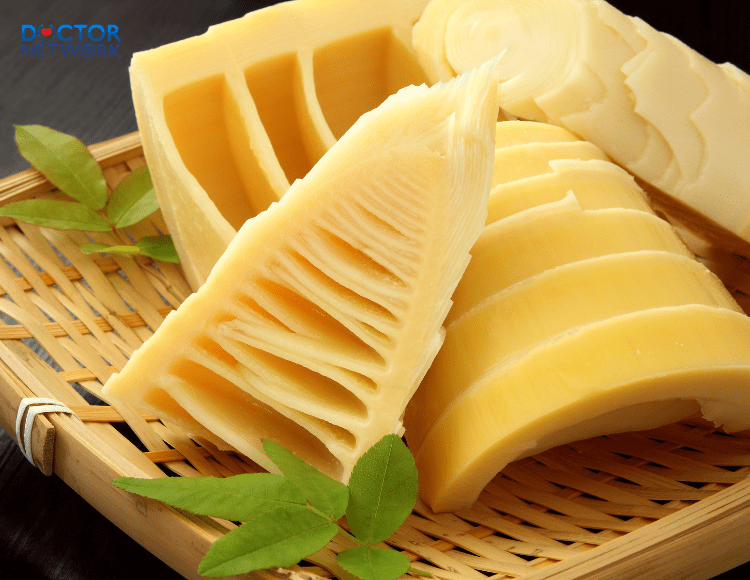
Bamboo shoot contains glucozide and can potentially lead to toxicity if consumed excessively
14. What Not to Eat During Pregnancy – Bitter Gourd
Bitter gourd, or bitter melon, if not prepared correctly, may pose risks for pregnant women, including poisoning, diarrhea, and even miscarriage or preterm birth. Bitter gourd contains alkaloids that can stimulate the gastric mucosa and cause food poisoning.
For those prone to allergies, pregnant women are advised to avoid bitter gourd as it contains histamine, which can cause allergic reactions such as rashes, itching, abdominal pain, nausea, vomiting, and difficulty breathing. In some severe cases, histamine can cause bronchoconstriction, conjunctivitis, and even heart spasms.
Consuming bitter gourd raw or bitter gourd seeds may increase the risk of miscarriage, preterm birth, or the baby being born with low birth weight. Therefore, during the first trimester of pregnancy, women are recommended to avoid bitter gourd and be cautious about consumption later on, limiting it to no more than 2 fruits per week.
15. What Not to Eat During Pregnancy – Drumstick
Pregnant women are advised to limit the consumption of drumstick or Moringa due to the presence of papaverine in the vegetable. Papaverine can relax the smooth muscles of blood vessels, causing pain relief and lowering blood pressure. Additionally, drumstick contains glucocorticoids, which may affect the absorption of calcium and phosphorus in pregnant women.
Recommended Dietary Supplements for Expectant Mothers
Supplementing the diet with essential nutrients is crucial for the health of both the mother and the fetus. Here are some key points to remember:
Essential Supplements:
- Protein: Meat, fish, eggs, legumes, nuts, dairy, and yogurt provide vital protein for fetal development.
- Fruits and Vegetables: Supply vitamins, minerals, and fiber. Ensure proper washing before consumption.
- Calcium: Dairy products, leafy greens, tomatoes, kale, salmon, and seafood contribute to bone and tooth development.
- Folate (Folic Acid): An essential nutrient. Sources include green leafy vegetables, beans, corn, wheat, oranges, and avocados.
- Iron: Found in red meat, organ meats, legumes, and leafy greens, iron prevents anemia during pregnancy.
The provided information on “what not to eat during pregnancy” and related knowledge serves as a guideline. Discussing and consulting with a healthcare professional or nutritionist will help supplement detailed information and ensure a safe and healthy diet for both the mother and the fetus.
Kiểm Duyệt Nội Dung
More than 10 years of marketing communications experience in the medical and health field.
Successfully deployed marketing communication activities, content development and social networking channels for hospital partners, clinics, doctors and medical professionals across the country.
More than 6 years of experience in organizing and producing leading prestigious medical programs in Vietnam, in collaboration with Ho Chi Minh City Television (HTV). Typical programs include Nhật Ký Blouse Trắng, Bác Sĩ Nói Gì, Alo Bác Sĩ Nghe, Nhật Ký Hạnh Phúc, Vui Khỏe Cùng Con, Bác Sỹ Mẹ, v.v.
Comprehensive cooperation with hundreds of hospitals and clinics, thousands of doctors and medical experts to join hands in building a medical content and service platform on the Doctor Network application.







